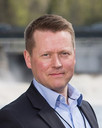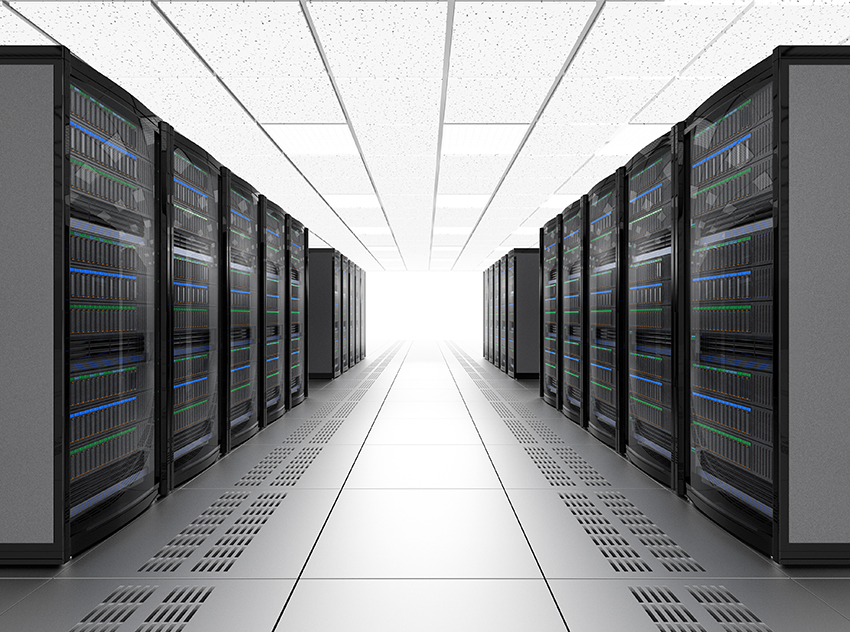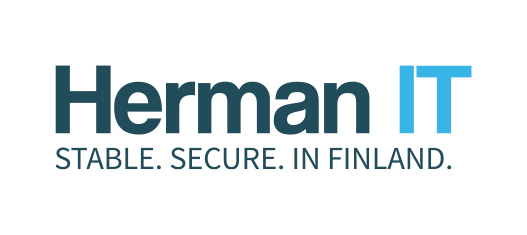Finland & Data Protection – Data Highways, Clouds, and Hyperscalers
Finland may be small, but it’s not slow: Jani Moilanen, CEO of Herman IT, talks to dotmagazine about the Finnish cloud production hub, preparedness for the GDPR, and local ICT innovations.

© Oksana_Gracheva | istockphoto.com
DOTMAGAZINE: How well prepared are Finnish companies and infrastructure providers for the impending EU GDPR?
JANI MOILANEN: Being among the first European, heavy cloud users, Finnish companies focus on multi-layered security measures and we are risk aware. Data privacy and sovereignty often feature when talking about cloud services. There is not one cloud, but cloud is today’s normal, and we invested in it before many others did. Last year, Finland was among the forerunners in the European Parliament to vote in favor of new data protection laws (GDPR) that hold companies more accountable for data protection and give inhabitants more control over data that companies have on them. Among the other activities, there has also been plenty of training for SMIs on GDPR. So, I would say that we are embracing this new development; cloud infrastructures and ICT stacks need to be trusted ones and safe ones – I am not sure if we are the leading companies, but we are among the most advanced dealing with these topics
DOT: How important is geographical location in ensuring the security of data?
MOILANEN: A geographical location is one element in this picture, among others like cultural experiences and shortest paths. Data highways are 100 % path dependent; in other words, there is a local footprint. If you have secure infrastructures, you can use them and get secure services, but if you don't, you cannot. A location needs to offer short routes to major user groups or content hubs; in other words, it needs to create high quality networks and sustainable relations. The more resilience and redundancies that exist, the better. Our national program guarantees that Finland will grow into a recognized digital hub based on the multi-layered security measures we implement at local, regional, and national levels. Finland is located at a crossroads and can offer short routes into Asia, Russia, and Europe, three strategically important ICT markets in the future. Based on our 100 years of independence, we maintain good relations with all of these markets and we know what is important to stay ahead in the competition.
DOT: Aside from location, what other advantages can Finland offer?
MOILANEN: Did you know that over 90% of Finns under the age of 40 speak English fluently, have studied in several universities globally and, according to various global comparisons, that Finland is ranked among the top ICT and least corrupt countries globally? This means that doing business here involves less risks and is straightforward.
Looking particularly at ICT innovations, Finland has already in the past decades delivered several big references globally. In terms of infrastructures, Finland also scores high among European companies, offering reliable infrastructures: fiber routes, airports, railways, roads – and you know our winters can be harsh!
For example, we created a new fiber route to Germany, named CLion-1 and we are about to deploy another short route to Asia via the polar sea, cutting the latencies by half.
While the debate about broadband connectivity is an endless story in mainland Europe, Internet access has been a fundamental right here since 2010.
Of course, with our smartphone, we surf at gigabit speeds and the main test center for 5G implementations has been running since 2015. It is no surprise that several power-heavy industries have been investing here for some decades now, especially the automotive, chemical, and data center industries. Continental, Mercedes Benz, Bayer are well-known German brands working on IoT, next to international ones like Google. Finland is a comparatively small nation compared to Germany, France, Spain, or Great Britain, but it has a huge impact based on our decentralized business setup.
In terms of recent developments, Finland has become a European leader in the adoption of cloud services and we are about to change our profile from a remote location to a cloud production hub where companies get their services out of hybrid and multi cloud platforms. Is it secure enough? Many foreign investors call us the “Switzerland of data”, a bit of a bold statement, but there is truth to it.
DOT: Why are hyperscalers looking into Finland? Is it about low power prices?
MOILANEN: First of all, hyperscalers see many advantages when looking into Finland for operating their cloud and IoT stacks, next to the attractive power pricing. It is easy to do business here and we offer highly skilled work forces – we have as many inhabitants here as you have in the metropolitan area of Frankfurt Rhine Main. Google, Yandex, Microsoft, Hetzner Online, IBM, Equinix, and many others announced major data center investments in Finland. Next to Sweden, Finland sees a remarkable inflow of these investments. Our potentials are very attractive for international corporations, banking or research companies, working on and in the Cloud or with IoT, too.
DOT: What is special about Kajaani?
MOILANEN: The city is in the center of the new green digital area of Finland, offering over 200 MW of green power, ready to be used. Efficient DC operations in terms of PUE, CO2 free energy, and excess heat utilization differentiate us from most of the data centers. But not only our infrastructure, but also our educational system, and our highly skilled engineers and labor forces make it attractive for foreign investments; Kajaani is a regional example that offers cost-efficient operations, innovative and highly skilled personnel, the shortest routes to universities and research centers. Like in other cities here, our hierarchies are flat and we rely on our highly skilled and very motivated teams. These exceptional assets are also used by one of the most efficient supercomputing organizations in Nordics – CSC-IT Center for Science.
Jani Moilanen is the CEO of Herman IT. Herman IT is a young, innovative cloud hub player providing datacenter services and advanced software development with an attractive digital ecosystem in the middle of Finland. Prior to joining the data center industry, Jani spent 10+ years in the paper industry, working at UPM in various technical and manager roles, such as production, process, and business development. He has been closely involved in data center operations in the Kajaani datacenter hub, including the build of CSC – the Finnish government owned non-profit supercomputing data center facility.
Please note: The opinions expressed in Industry Insights published by dotmagazine are the author’s own and do not reflect the view of the publisher, eco – Association of the Internet Industry.





